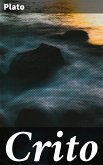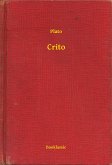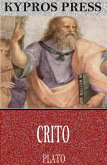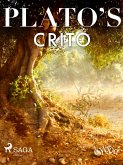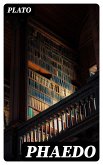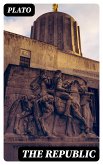In "Crito," Plato presents a profound dialogue between Socrates and his devoted friend Crito, exploring themes of justice, morality, and the individual's relationship to the state. Set in Socrates' prison cell, the text unfolds through Socratic questioning, employing a philosophical style that is dialectical and critical. The dialogue examines the ethical implications of escaping from prison, standing as a key piece within the larger context of Socratic thought and the concept of the social contract, which resonates with later political philosophy, including the works of Rousseau and Hobbes. Plato, a student of Socrates and a foundational figure in Western philosophy, penned "Crito" during a period marked by political turmoil and personal loss after the execution of his mentor. This context undoubtedly influenced his portrayal of Socratic ideals, allowing him to articulate Socrates' unwavering commitment to virtue and justice, even in the face of death. As a philosopher, Plato sought to challenge the moral complacency of Athenian society and to provoke deeper understanding of civic duties. This essential text invites readers to grapple with the tension between individual conscience and ethical obligation. "Crito" is not merely a historical artifact; it remains vividly relevant today. Those interested in ethical philosophy, political thought, and the legacy of Socratic dialogue will find rich rewards in this compelling exploration of moral integrity and civic responsibility.
Dieser Download kann aus rechtlichen Gründen nur mit Rechnungsadresse in A, B, BG, CY, CZ, D, DK, EW, E, FIN, F, GR, H, IRL, I, LT, L, LR, M, NL, PL, P, R, S, SLO, SK ausgeliefert werden.



